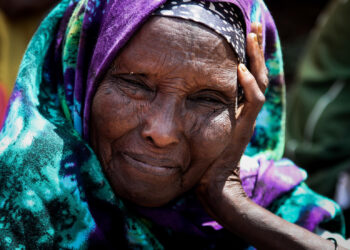Infectious diseases
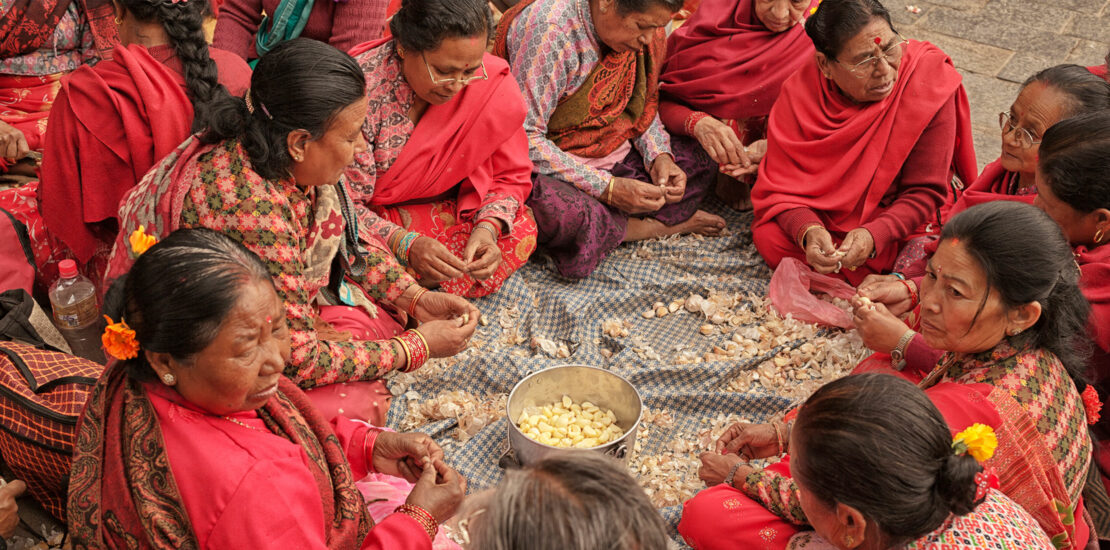
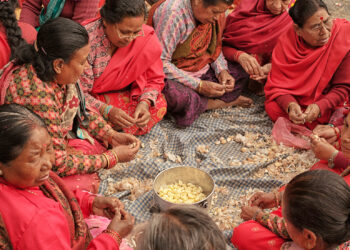
The innovative pharmaceutical industry is a long-standing driver of collective action against infectious diseases, including HIV/AIDS, TB, and malaria.
Overview
There are currently 1,488 medicines in development for infectious diseases.
Alongside this, our industry has been actively engaged in controlling and eliminating NTDs for decades by sustaining access and capacity building initiatives and developing new, innovative approaches to treatment and care.
This includes helping countries build stronger health systems through accessible NTD country programs staffed by qualified healthcare personnel. These programs offer access to quality and affordable medicines, vaccines, and treatments to all.
IFPMA member companies are currently part of 97 collaborations in 142 countries with 566 multi-sector partners.

COVID-19
When the COVID-19 pandemic hit, the innovative pharmaceutical industry came together with the broader global health community and responded with unprecedented speed and scale, overcoming major hurdles along the way.
HIV/AIDS, tuberculosis, malaria
From antiretroviral therapies for HIV/AIDS to the development of new tuberculosis (TB) diagnostics and the first ever malaria vaccine, the innovative pharmaceutical industry has been at the forefront of developing new ways to combat these global health threats and continues to play a vital role.
Companies innovate with new treatment formulations, including those better tailored for paediatric use, as well as solutions to improve administering drugs, such as shorter treatment courses.
Beyond medicines, our members support forward-looking initiatives that improve screening, timely diagnosis, and access to treatment for HIV/AIDS, TB, and malaria.
Facts and figures
We are dedicated to awareness raising and education to halt transmission and reduce stigma.
Looking to the future, companies are committed to continue leveraging their unique expertise in combating these infectious diseases that pose a massive threat to health systems, especially in LMICs.
This involves using lessons learned from the Covid-19 pandemic and collaborating to strengthen health structures for resilient systems, including pandemic preparedness plans.
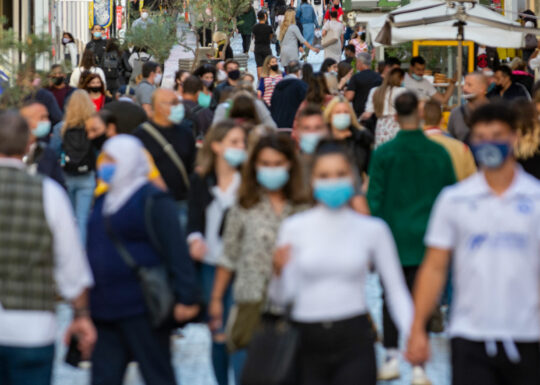
Pandemic preparedness
The innovative pharmaceutical industry has played and will continue to play a critical role in pandemic preparedness response. IFPMA has a strong track record as a partner contributing knowhow and exploring solutions.

Antimicrobial resistance
Drug resistance to HIV, TB, and malaria products remains a major challenge. It’s another major focus of our industry’s pipeline within wider efforts to tackle antimicrobial resistance (AMR).
Read how overcoming drug resistance to HIV, TB, and malaria medicine is part of industry efforts against AMR.
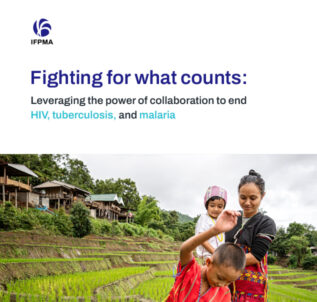
Fighting for what counts: Leveraging the power of collaboration to end HIV, tuberculosis, and malaria
Leveraging the power of collaboration to end HIV, tuberculosis, and malaria.
Read moreNeglected tropical diseases
In 2012, global health leaders, development organizations, and the innovative pharmaceutical industry endorsed the London Declaration, a collective commitment to control, eliminate, and eradicate 10 neglected tropical diseases (NTDs).
Ten years later, in 2022, the same global health stakeholders reconvened to sign the Kigali Declaration, reiterating their commitments, and adopting a more cross sectoral approach to mobilize joint action on NTDs and address the growing burden worldwide.
Looking ahead
As part of the work to build strong health systems and economies, governments must include NTD strategies into their domestic health plans.
IFPMA and the innovative pharmaceutical industry recognizes the need to develop new, innovative approaches to the treatment of NTDs and patient care, while working together to sustain current access and capacity building initiatives.
So, despite low commercial incentives, the industry engages in R&D partnership models to discover effective new treatments and interventions for NTDs.
people, approximately one-sixth of the world's population, suffer from at least one NTD
treatments for NTDs were donated by the pharmaceutical industry in 2019
people in India required interventions against NTDs in 2020 (the most worldwide)
The industry’s NTD research efforts are carried out in partnership with over 50 organizations, including renowned universities, NGOs, and public and private sector institutions.
For example, six innovative pharmaceutical companies are members of the NTD supply chain forum, a unique public-private coalition launched in 2012 that aims to address NTD-related access issues.
The innovative pharmaceutical industry pledged 14 billion treatments to control or eliminate these diseases. When the event was celebrated five years later, 207,169,292 doses were given in 24 hours. This was the most medications ever given in that period of time.
Leveraging the power of collaboration
Since 2019, and for the first time in the Global Fund’s 20-year history, progress was lost in the fight against HIV, TB, and malaria, largely due to the COVID-19 pandemic. We need to move forward.
Our publication, Fighting for what counts: Leveraging the power of collaboration to end HIV, tuberculosis, and malaria, shows how multisectoral collaborations and industry initiatives can positively transform health outcomes.



